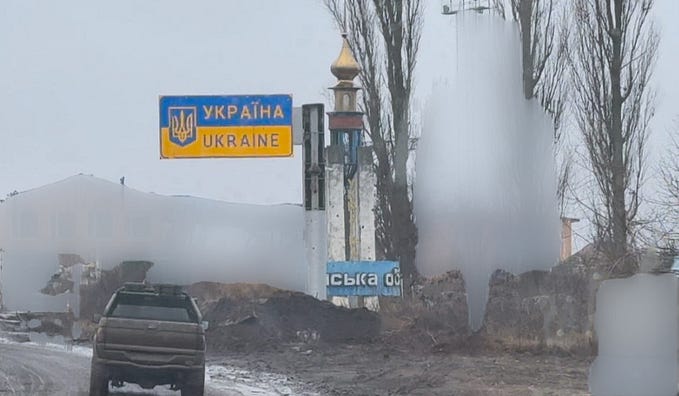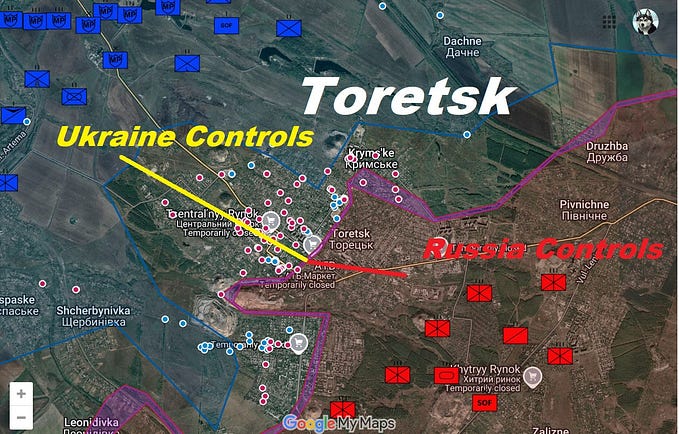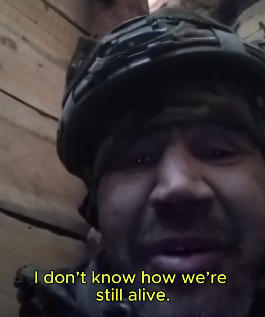AfIS Working Group meets with Dr Michael Odijie

AID Exchange No 1 | 07022021
On Sunday, 7 February 2021, the African Industrial Strategy (AfIS) Working Group held a closed discussion with Dr Michael Odijie, emerging African scholar and Research Fellow at the University College, London.
We invited Michael to our session because two of his papers had been assigned as part of our readings on industrial policy:
2. Political origin and persistence of industrial policy in Africa
There were about eight of us in the meeting, including Michael. The talk was pretty informal with Teniola Tayo asking Michael general questions.
Michael introduced himself to us and shared a bit about his journey from his undergraduate studies in Ambrose Alli University in Nigeria, to the University of Sheffield in the United Kingdom for his Masters and PhD, then to Cambridge and later UCL for post-doctorate positions.
Speaking about some of his experiences as an African in development in Western institutions, Michael explained that a major challenge was finding representative theories to serve as frameworks for his research. He stated that theories postulated by Global South scholars such as the political settlements theory made his research a lot easier as he was able to analyse his findings. His previous research had examined relations between the European Union and the Economic Community of West African States (ECOWAS) including the phenomenon of West African countries organising production around goods that they had preferential trading terms with the EU or US on. For example, Ghana seeking to produce more bananas because it could export them to the EU at zero tariffs as opposed to it being a part of a coherent export or industrial policy.
Michael also spoke about the two papers under review, explaining that they were written in response to debates he had had with popular Africanist scholar, Lindsay Whitfield. He said the paper on industrial coordination could have been more detailed but that he was restricted by the word count. He referred the group to the work of Guy Peters (Peters, G. (2018). The challenge of policy coordination) on the topic of policy coordination. He also explained that the paper on the origins and persistence of industrial policy was written as a contribution to the discourse on a need to distinguish between factors that originate industrial policies and factors that allow them to be sustained. Chimdi Chukwukere asked a question about co-optation of elite groups and Michael attempted to respond.
Asides his papers, the group discussed the larger issue of the African Continental Free Trade Area (AfCFTA), with Michael explaining that trade agreements of this nature usually originated from the industrial elite of a country seeking new markets for their products. In the African context, there are few industrial elites and low production. One could therefore argue that the AfCFTA is a case of putting the cart before the horse, especially when considering its implications for industrial policies. He shared that some prominent scholars held less favourable views about the AfCFTA and were working on a paper to express this. Teni’s response was “Wahala (trouble).”
The group discussed a few other issues including the incoming DG of the World Trade Organisation and what could be expected of her in the context of the AfCFTA after a question from Fadel Diop. Michael stated that Dr Okonjo-Iweala was straddling two worlds and trying to do her best for both. Teni agreed that Dr Okonjo-Iweala had somehow managed to be seen as a darling of the neoliberals while still regarded as a champion of African interests. Her kind of diplomacy is one that may serve many others.
To conclude, we had a great discussion with Michael and were inspired by his commitment to producing knowledge on the important issues facing African development.
Some other resources Michael referenced:
- Whitfield, L. et al. (2015). The Politics of African Industrial Policy
- Friedrich von Hayek | Prize Lecture | Lecture to the memory of Alfred Nobel, December 11, 1974





